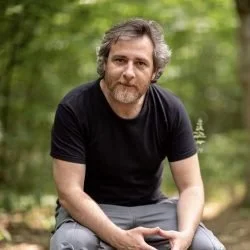
Designing and Validating Nature-Based Interventions: The Forest Therapy Hub Approach
Learn about Alex Gesse’s work designing mindful nature connection activities under the theoretical principles of human-nature interaction, scientific evidence and the conceptual framework of Planetary Health.
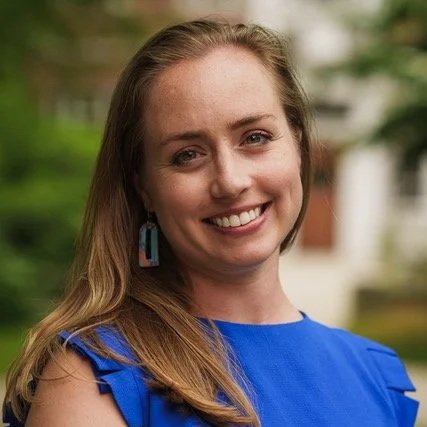
Exploring the Water Quality and Health Impacts of Rising Sea Levels in New Hampshire
Learn how rising sea levels impact the water resources we rely on, and how Lisa Wise and NH Sea Grant works to build climate resiliency in our communities.

Supporting Children in a Changing World: Strategies to Address Eco-Anxiety and Foster Resilience
Explore ways to address eco-anxiety in children with Jennifer Rasmussen (RN, MPH), who has spent her career advancing planetary health principles across curricula, communities, and governance.

Code Blue Planet Earth: Nurses Driving Sustainability in Healthcare
Learn how Michelle Bouchard (MPH, BSN, RNC-NIC, Clin IV) raises awareness about the link between environmental health and human health, focusing on the urgency for nurses to "Do No Harm" to the environment while providing care for their patients.
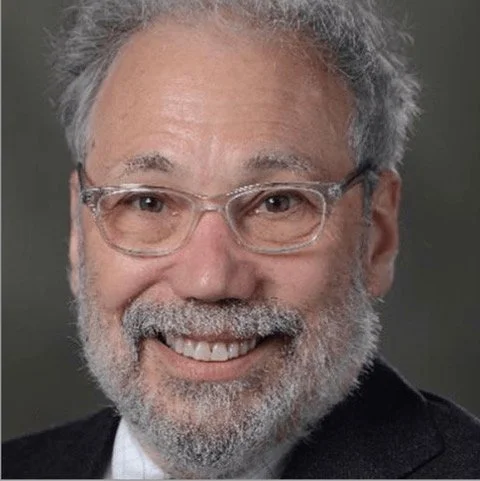
Health Risks from Air Pollution: Costs of Relaxing Standards
Dr. Joel Schwartz is noted for his work on the acute and chronic health effects of fossil fuel air pollution, which led to the improvement of U.S. air quality standards. Learn more about his research on the health burdens of polluting the air.
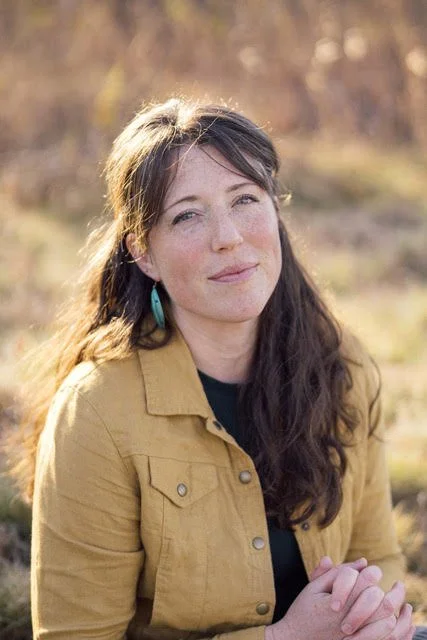
Widening Circles of Care
Explore what it means to "mother" — to do the good work of being in service to the living world — with Chelsea Steinauer-Scudder, author of Mother, Creature, Kin.
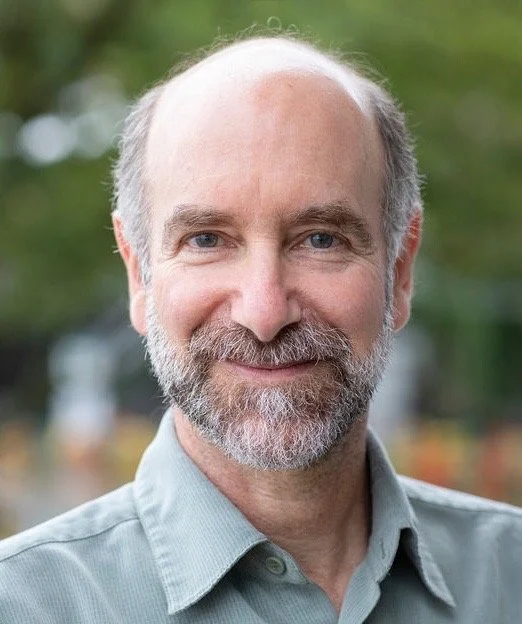
Climate Action is Health Intervention
For over 25 years, Jonathan Patz (MD, MPH) has taught and conducted research on climate change and has published over 200 science publications on environmental public health. Learn more about his career in climate health intervention.
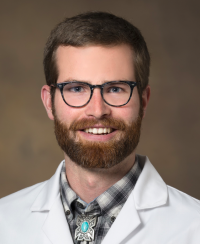
Prescriptions for Effective Climate Action: How Healthcare Professionals Can Lead
Hear from emergency physician Dr. Stefan Wheat about the health threats posed by climate change, the promotion of healthcare system adaptation and emergency preparedness, and policies to keep people safe in a rapidly changing world.
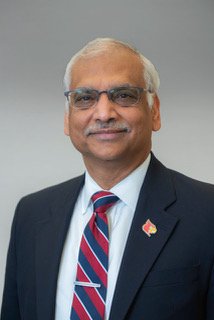
Green Space & Health: Environmental Cardiology Insights
Dr. Bhatnagar spearheaded the development of environmental cardiology, which examines how environmental exposures affect cardiovascular health and disease risk. Join us for a discussion on his research findings.
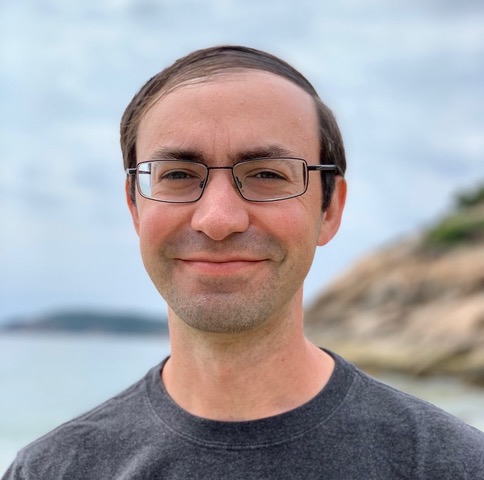
Prochlorococcus & the Importance of the Ocean’s ‘Invisible Forest’ to the Planet & You
Learn from Assistant Professor of Biology Steven Biller about prochlorococcus (marine cyanobacteria) and the ocean’s “invisible forest.”

Environment Health & Resilience for NH Students
NH school nurses are invited to join us for a free continuing education webinar opportunity on building students’ resilience to environmental health risks.

What Science Tells Us About the Future of Outdoor Labor in a Warming Climate
Dr. Alahmad will summarize scientific studies that describe the effects of heat on health, primarily on the heart, kidneys, and brain. He will discuss what these findings mean for workers, their productivity, and their safety. Then he will review the regulatory options available and show examples of successful emerging solutions.
"Barrak Alahmad, MD, MPH, PhD, is an Instructor at the Department of Environmental Health at Harvard T.H. Chan School of Public Health. He holds a medical degree from the University of Liverpool, United Kingdom, a master's in public health from the Johns Hopkins Bloomberg School of Public Health, and a doctorate in population health sciences from the Harvard T.H. Chan School of Public Health.
Alahmad studies climate change and health in the Middle East, specifically the adverse impacts of dust storms and extreme temperatures on vulnerable populations. He extensively studied the effects of environmental exposures on migrant workers in Kuwait. His work has been highlighted by professional health organizations, including the World Health Organization and the American Heart Association, and numerous media outlets, including the BBC, CNN, New York Times, The Guardian, and among others.
In 2022, he was named to the inaugural 40 Under 40 Public Health Catalyst list by the Boston Congress of Public Health, recognizing rising leaders and innovators in the field. In 2023, he received the Rebecca James Baker Award from the International Society of Environmental Epidemiology (ISEE) for his collaborative and international research in environmental cardiology and health equity for migrant workers. In 2025, the American Association for Advancement of Science (AAAS) Board-Council honored Alahmad with the AAAS Early Career Award for Public Engagement with Science, recognizing his outstanding contributions to engaging with the general public and the migrant workforce on heat and health in Kuwait."

Stops and Starts: The Status of 2025 Plans for Climate Action
Ken Alex is the director of Project Climate at the University of California at Berkeley’s Center for Law, Energy and Environment, focusing on the most promising climate solutions and moving them more quickly to policy and scale, including responses to the federal attack on climate change action. From 2011 to 2018, Ken was a Senior Policy Advisor to Governor Jerry Brown, the Director of the Governor’s Office of Planning and Research, and the Chair of the Strategic Growth Council, focusing on climate, energy, environment, and land use issues. Before joining the Governor’s Office, Ken was the Senior Assistant Attorney General heading the environment section of the California Attorney General’s Office. From 2000 to 2006, Ken led the California Attorney General’s energy task force, investigating price and supply issues related to California’s energy crisis. Ken is a graduate of Harvard Law School and holds a B.A. in political theory from the University of California at Santa Cruz.
Note: This is a 90-minute webinar.
“I became active in NH HWCA because I feel that physicians and other healthcare professionals can play a vital role in increasing people's awareness of climate change, and ultimately reducing the factors contributing to climate change. I am also extremely concerned about the increasing role that climate change will play in the mental health of America and the rest of the world.”
— Robert Feder, M.D.
